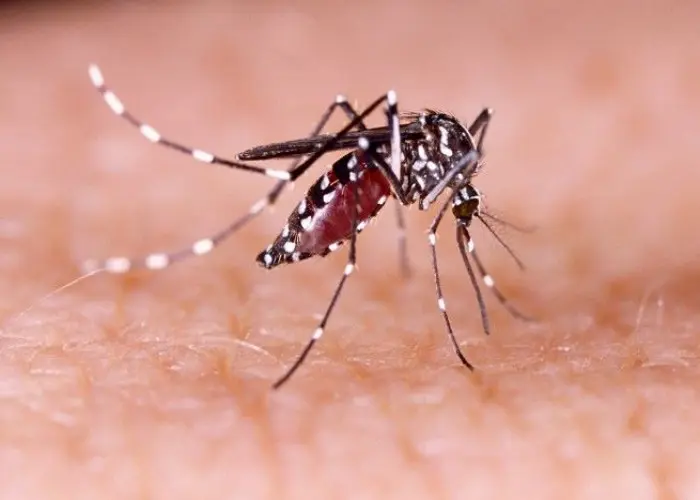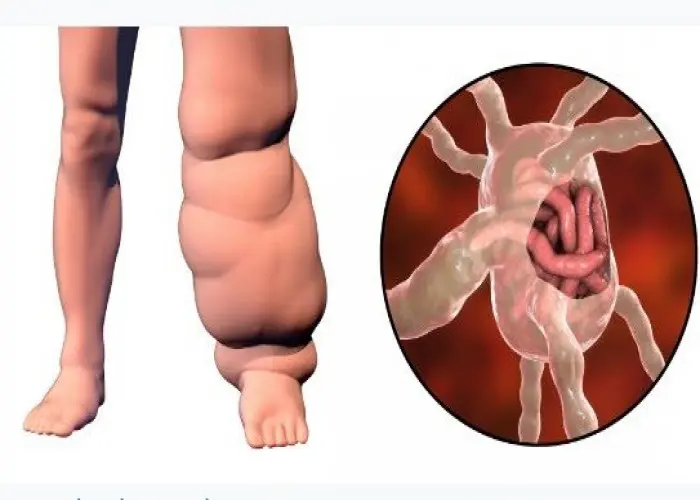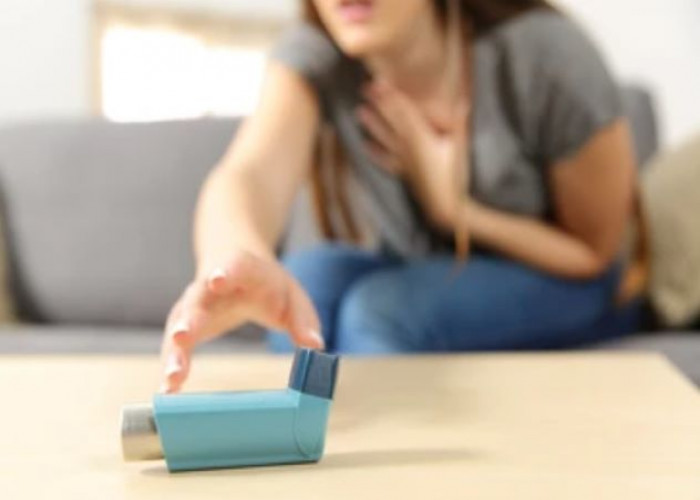 Welcome
Welcome
“May all be happy, may all be healed, may all be at peace and may no one ever suffer."
Asthma attack

An asthma attack is a sudden worsening of asthma symptoms, also known as an asthma exacerbation or flare-up. During an asthma attack, the airways become narrow, making it difficult to breathe. Common symptoms of an asthma attack include:
- Wheezing
- Chest tightness
- Shortness of breath
- Rapid breathing
- Coughing
- Difficulty breathing
If you have asthma, it's important to have a written asthma action plan that outlines what to do in case of an asthma attack. This plan should be developed in collaboration with your doctor and should include steps for managing mild, moderate, and severe attacks.
If you or someone you know is experiencing an asthma attack, it's important to follow the steps outlined in the asthma action plan, which may include:
- Taking fast-acting bronchodilator medication (such as albuterol) to help open up the airways
- Taking a corticosteroid medication (such as prednisone) to reduce inflammation in the airways
- Seeking medical attention if symptoms persist or get worse
It's also important to have a quick-relief inhaler with you at all times in case of an asthma attack. If you have frequent asthma attacks, it's important to talk to your doctor about adjusting your treatment plan to better manage your asthma and reduce the risk of future attacks.
Research Papers
Disease Signs and Symptoms
- Shortness of breath (dyspnea)
- Chest tightness
- Chest pain
- Cough
- Asthma
Disease Causes
Asthma attack
An overly sensitive immune system makes your airways (bronchial tubes) become inflamed and swollen when you're exposed to certain triggers. Asthma triggers vary from person to person. Common asthma attack triggers include:
- Pollen, pets, mold and dust mites
- Upper respiratory infections
- Tobacco smoke
- Inhaling cold, dry air
- Gastroesophageal reflux disease (GERD)
- Stress
For many people, asthma symptoms get worse with respiratory infections, such as those caused by the common cold. Some people have asthma flare-ups caused by something in their work environment. Sometimes, there isn't an apparent cause for an asthma attack.
Disease Prevents
Asthma attack
The best way to avoid an asthma attack is to make sure your asthma is well controlled in the first place. This means following a written asthma plan to track symptoms and adjust your medication.
While you may not be able to eliminate your risk of an asthma attack, you're less likely to have one if your current treatment keeps your asthma under control. Take your inhaled medications as prescribed in your written asthma plan.
These preventive medications treat the airway inflammation that causes asthma signs and symptoms. Taken on a daily basis, these medications can reduce or eliminate asthma flare-ups — and your need to use a quick-acting inhaler.
See your doctor if you're following your asthma action plan but still have frequent or bothersome symptoms or low peak flow readings. These are signs your asthma isn't well controlled, and you need to work with your doctor to change your treatment.
If your asthma symptoms flare up when you have a cold or the flu, take steps to avoid an asthma attack by watching your lung function and symptoms and adjusting your treatment as needed. Be sure to reduce exposure to your allergy triggers, and wear a face mask when exercising in cold weather.
Disease Treatments
If you go to the emergency room for an asthma attack in progress, you'll need medications to get your asthma under immediate control. These can include:
- Short-acting beta agonists, such as albuterol. These are the same medications as those in your quick-acting (rescue) inhaler. You may need to use a machine called a nebulizer, which turns the medication into a mist that can be inhaled deep into your lungs.
- Oral corticosteroids. Taken in pill form, these medications help reduce lung inflammation and get your asthma symptoms under control. Corticosteroids can also be given intravenously, typically to patients who are vomiting or who are experiencing respiratory failure.
- Ipratropium (Atrovent HFA). Ipratropium is sometimes used as a bronchodilator to treat a severe asthma attack, especially if albuterol is not fully effective.
- Intubation, mechanical ventilation and oxygen. If your asthma attack is life-threatening, your doctor may put a breathing tube down your throat into your upper airway. Using a machine that pumps oxygen into your lungs will help you breathe while your doctor gives you medications to bring your asthma under control.
After your asthma symptoms improve, your doctor may want you to stay in the emergency room for a few hours or longer to make sure you don't have another asthma attack. When your doctor feels your asthma is sufficiently under control, you'll be able to go home. Your doctor will give you instructions on what to do if you have another attack.
If your asthma symptoms don't improve after emergency treatment, your doctor may admit you to the hospital and give you medications every hour or every few hours. If you're having severe asthma symptoms, you may need to breathe oxygen through a mask. In some cases, a severe, persistent asthma attack requires a stay in the intensive care unit (ICU).
Disease Diagnoses
Disease Allopathic Generics
Disease Ayurvedic Generics
Disease Homeopathic Generics
Disease yoga
Asthma attack and Learn More about Diseases

Gallstones

Antisocial personality disorder

Heat exhaustion

Dengue fever

Meralgia paresthetica

Filaria

Carpal tunnel syndrome

Genital herpes
Asthma attack, Asthma symptoms, Asthma signs and symptoms, হাঁপানি আক্রমণ
To be happy, beautiful, healthy, wealthy, hale and long-lived stay with DM3S.
